Anita Cobby murder: Retiring top cop Deb Wallace continues legacy
The former commander of the state’s gangs squad has finished up her career where it all began in Blacktown, vowing to keep the legacy of Anita Cobby alive.
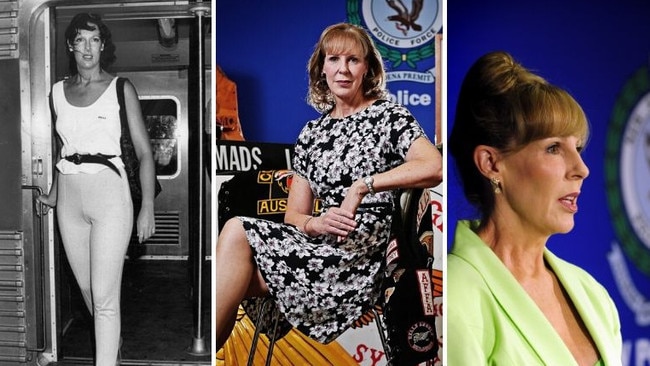
Blacktown
Don't miss out on the headlines from Blacktown. Followed categories will be added to My News.
- Blacktown top cop Bob Fitzgerald named NSW Volunteer of the Year
- Blacktown Brain and Spinal Institute: Dr Charlie Teo’s ‘dream’
Almost four decades after top cop Deb Wallace began her career at Blacktown with the tragic Anita Cobby murder, the retiring gangs squad commander has vowed to keep her legacy alive.
Detective Superintendent Deb Wallace marked the end of her 36-year career with NSW Police last month, with plans to continue her work where it started, helping victims of homicide.
Just a few years into her career at Blacktown Police Station, the then young constable found herself at the centre of the investigation into the shocking murder of Anita Cobby near Blacktown in 1986.
With leads in the case dwindling, Ms Wallace became the face of the widely-known re-enactment of Ms Cobby on her fateful train journey.
Retracing the steps of the young nurse, Ms Wallace assisted in the high-profile case, and in the process, developed a passion for detective work.
“I loved being a uniformed cop – I thought it was going to be my niche forever,” she said.
“But when I saw the team on the Anita Cobby case and their passion, commitment and dogged determination, I wondered if I could be one of them.”
The high-profile detective served as commander of the Criminal Groups Squad and Strike Force Raptor, helping decimate the state’s most notorious gangs and toughest bikie networks.
During her career, Ms Wallace carried with her sound advice she received on her first day on the beat at Blacktown Police Station in 1983.
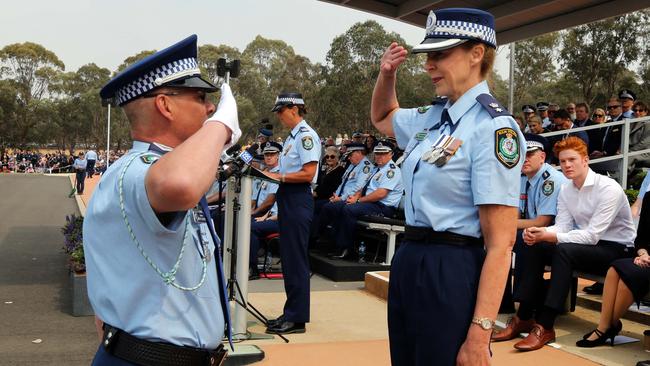
“I was met by the then station sergeant Joan Stedman, who was one of the original policewomen,” Ms Wallace said.
“She pulled me aside and said, ‘Never compromise your integrity or your femininity. Be true to yourself and be proud to be a policewoman, you’re not a policeman’.
“It was really good advice that I’ve tried to live up to for the past 37 years.”
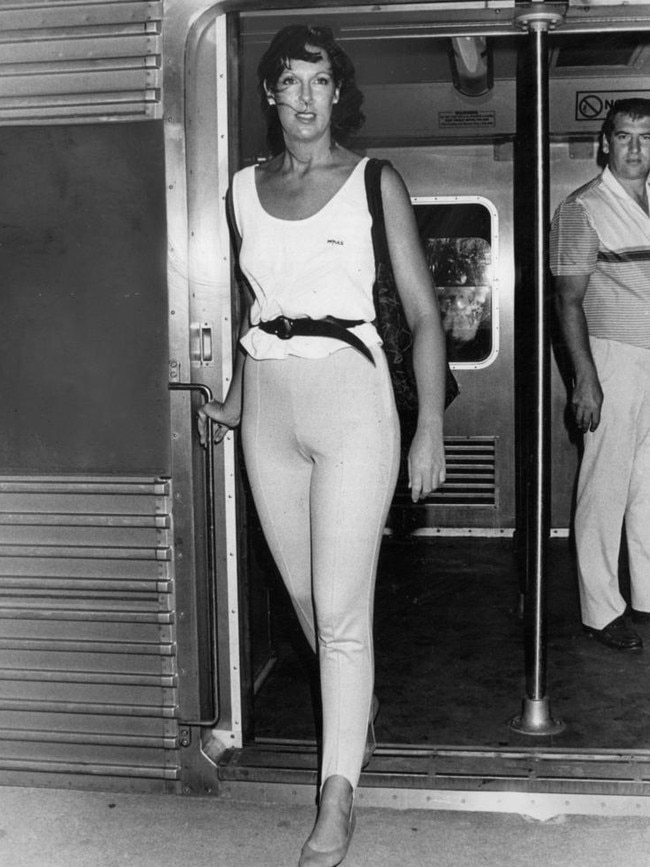
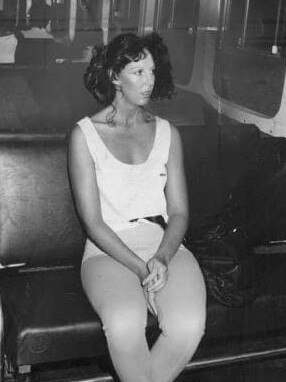
In 1989, Ms Wallace began her detective career and a few years later, transferred to Cabramatta where she headed up the region’s Gangs Squad.
In the 1990s, she led the charge against Asian gangs in Sydney’s southwest, before taking the helm of the Middle Eastern Organised Crime Squad in 2008 and later heading up Strike Force Raptor.
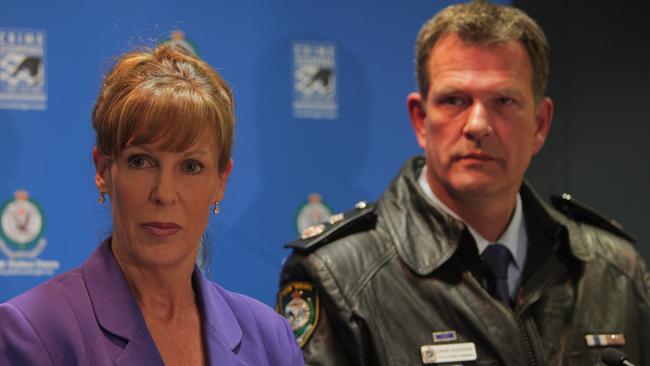
As the first woman in these positions, Ms Wallace stared down some of the state’s most dangerous criminals.
“My life has been about gangs. From Asian gangs in Cabramatta in the 90s, to the Middle Eastern organised crime gangs and then to the bikie gangs, drugs and gangs have been my focus for most of my career,” she said.
She said continued pressure from police was crucial in wearing down these criminal networks.
“The outlaw motorcycle gangs are very much decimated compared to what they were five or six years ago,” she said.
“I’ve got junior police joining the force now saying they’ve never seen a bikie wearing colours.
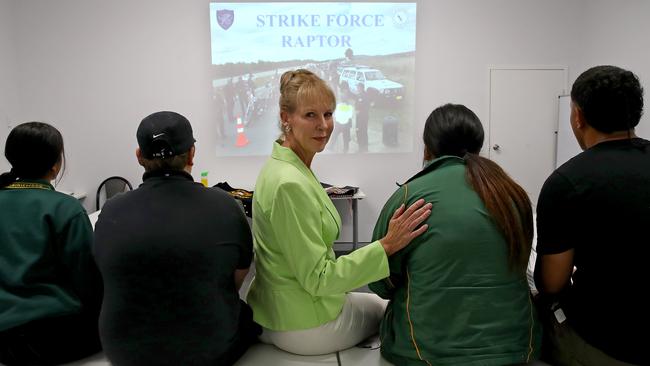
“In relation to the gangs, we’re using a number of interesting tactics with fraud and taxation – anything that is available to us, we will use to disrupt criminal gang behaviour and create a hostile environment.
“We’ve had a number of senior members leave the country and the state because this has been working. It becomes too hot to operate.”
As she enters retirement, the work is far from over for Ms Wallace, who is working alongside the Homicide Victims’ Support Group in the development of the world’s first trauma centre for homicide victims, Grace’s Place, in Doonside.
